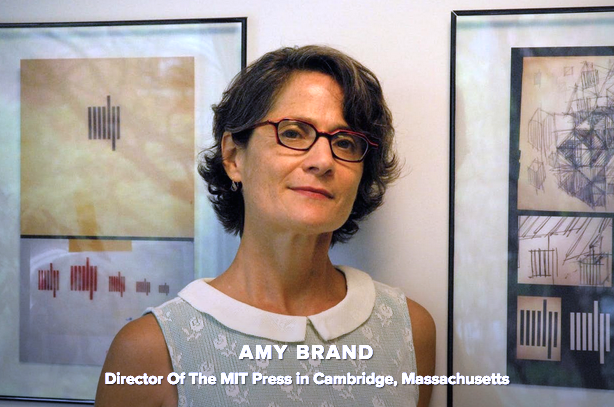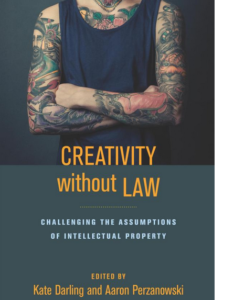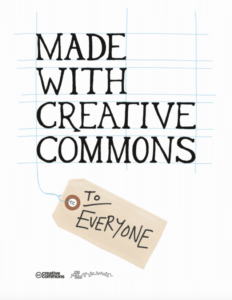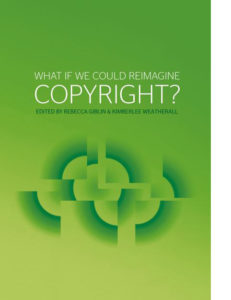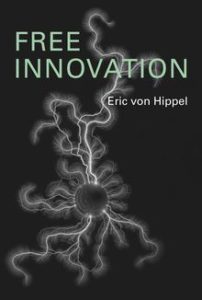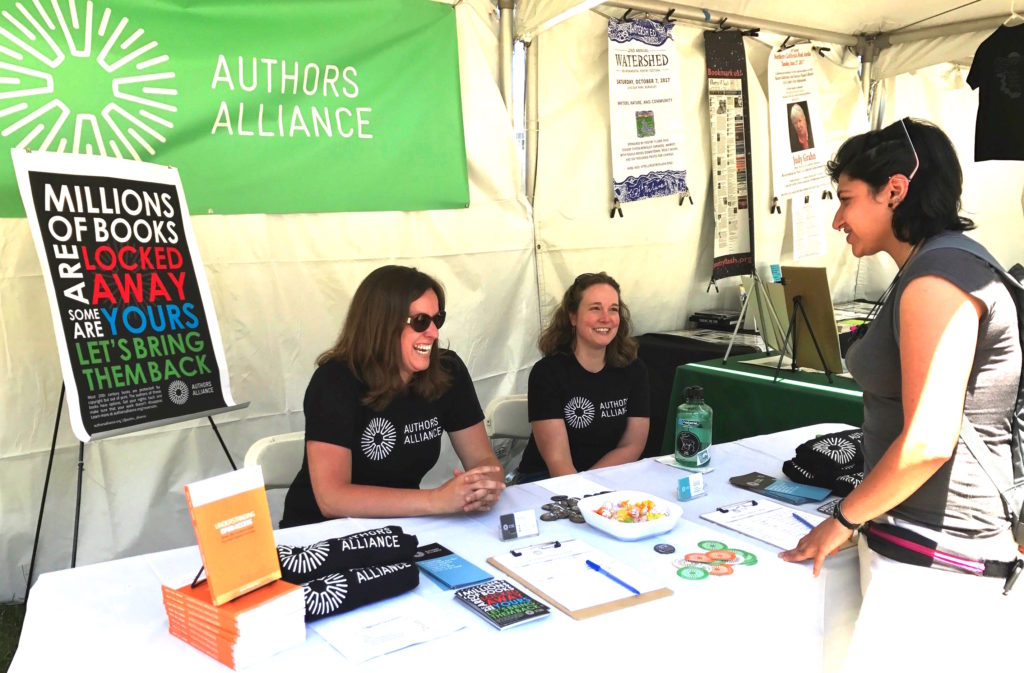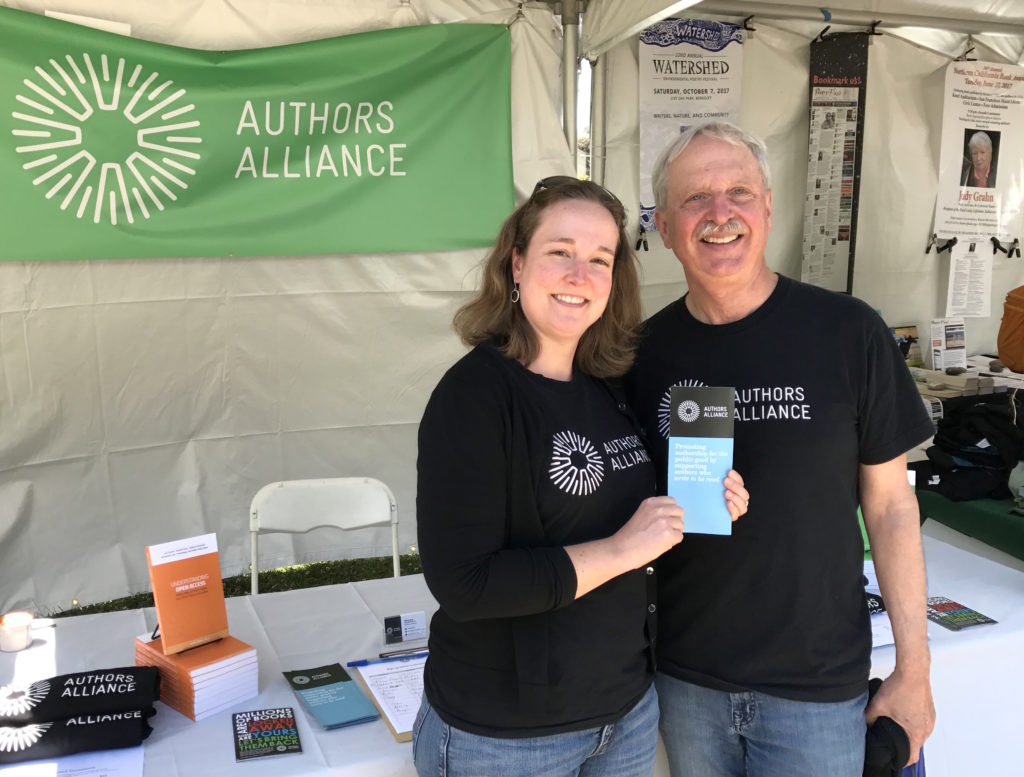
photo by Redd Angelo | CC0
Prior to joining Authors Alliance as Executive Director earlier this year, Brianna Schofield was the Clinical Teaching Fellow at UC Berkeley Law’s Samuelson Clinic, where she co-authored an article with Jennifer M. Urban, Clinical Professor of Law and Director of the Samuelson Clinic at UC Berkeley School of Law, examining academic libraries’ experiences with notice and takedown. Takedown and Today’s Academic Digital Library has now been published by Ohio State University Moritz College of Law’s I/S Journal of Law and Policy. We share a summary of the article below, and invite readers who are interested in learning more to access the full article here.
In recent years, academic libraries and archives have increasingly used digital means to preserve materials and provide access to users, allowing them to serve more diverse, and much more far-flung, populations. For example, libraries and archives are increasingly digitizing collections with unique or rare material that otherwise has limited circulation in order to improve long-term preservation and expand access to cultural heritage. The growth of online scholarship repositories and sharing sites, where academic authors post papers for wide access, is another central development. The evolution and the dissemination of academic works from print collections to open digital forms is widely heralded as increasing access to academic knowledge and fueling research.
Academic libraries have emerged as key players in the move to open access and are rapidly developing platforms that provide digital access to scholarship. As libraries and archives increasingly move into the online open access space, they are thrust more directly into debates over the Digital Millennium Copyright Act (DMCA) section 512 notice and takedown regime than they have been in the past. Section 512’s safe harbor from copyright liability is aimed at online services that host material contributed by others; however, libraries did not often host material posted by others and were therefore unlikely to be eligible for this protection. Newer institutional open-access repositories, on the other hand, may hold many works placed there by third parties, usually authors. These author-directed postings to institutional repositories may put academic libraries into the role of host, thus bringing them under the aegis of the formal notice and takedown system created by the DMCA.
Using survey questions and interviews, Schofield and Urban examined academic libraries’ interactions with both DMCA and non-DMCA takedown notices. They found that academic libraries most commonly receive non-DMCA takedown requests that are based on non-copyright issues (such as privacy) or that target materials the library itself placed online. In general, libraries have well-developed norms and practices in place to manage these types of requests to remove material.
They also found, however, that formal DMCA notices directed to libraries have historically been rare, but that this may be changing as open-access repositories hosted by libraries grow. Library respondents worried that an increase in DMCA takedown requests could result in valuable scholarship being removed from online repositories, thus limiting libraries’ ability to fulfill their missions to preserve and disseminate knowledge. In tracing the recent experience of academic libraries that have received DMCA takedown notices targeting materials in open access repositories, Schofield and Urban found that libraries have not yet developed norms and practices for addressing these requests.
To help libraries effectively manage increased takedown requests while maintaining publishers’ ability to monitor content made available in online repositories, Schofield and Urban recommend that:
- Academic libraries should continue to educate authors about author-friendly publishing practices, and authors should retain more control of their own works.
- Publishers, authors, and academic libraries should take steps to make the terms of publication agreements transparent.
- Academic libraries should continue to support—and authors should embrace—open access policies.
- Academic libraries should consider developing shared norms and best practices for DMCA notice handling similar to those they have developed for non-DMCA requests.
- Academic institutions should ensure that librarians receive any DMCA notices targeting library materials that are sent to DMCA agents in other departments, and that library-developed best practices are followed in handling these notices.
- Publishers should develop and publicly communicate reasonable notice-sending policies.
- Publishers should ensure that third-party rights enforcement organizations, if used, comply with publisher notice-sending policies.
- Academic libraries should consider creating educational materials about the counter notice process and tools that make it easy for authors whose works are challenged to send counter notices if their content is inappropriately targeted for takedown.
For more information about Schofield and Urban’s findings and recommendations, we invite you to read Takedown and Today’s Academic Digital Library.

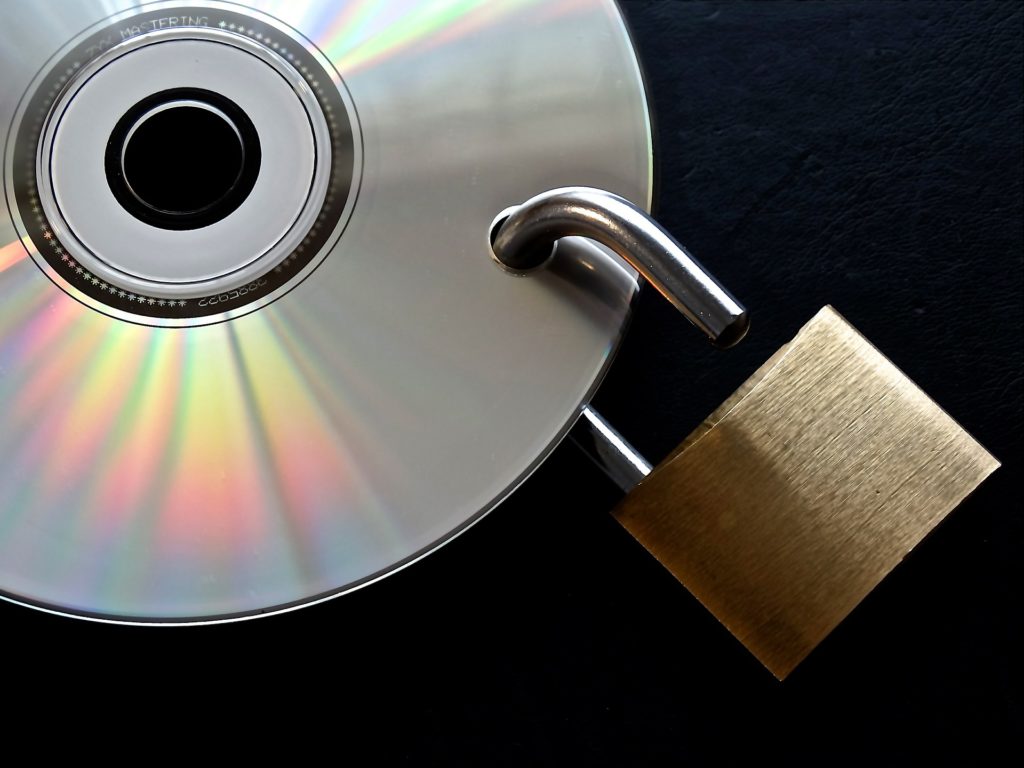
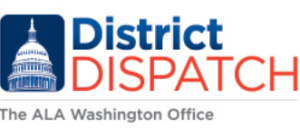 The following post originally appeared on the American Library Association‘s
The following post originally appeared on the American Library Association‘s 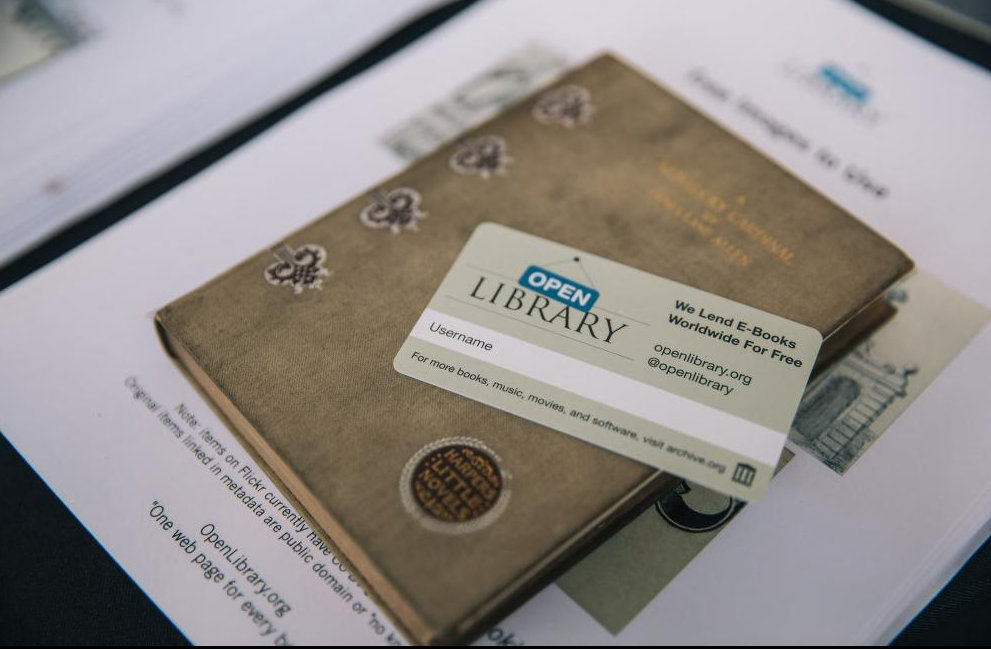
 The following is a guest post by Mike Wolfe, Scholarly Communications Officer at UC Davis, and the former Executive Director of Authors Alliance.
The following is a guest post by Mike Wolfe, Scholarly Communications Officer at UC Davis, and the former Executive Director of Authors Alliance.